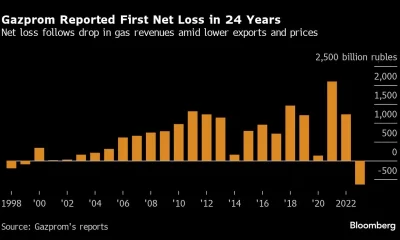Global Issues
The Importance of Diversity and Inclusion in Creating Fair and Equitable Societies -By Akinsanya Zainab Àdetayo
Additionally, diversity and inclusion are essential for economic growth and development. A diverse and inclusive workforce is more productive and innovative, leading to better financial outcomes for organizations and ultimately for society as a whole.

Diversity and inclusion are essential components of creating fair and equitable societies. A diverse and inclusive society is one in which all individuals have the opportunity to reach their full potential, regardless of their race, gender, sexual orientation, ability, or socioeconomic status. This is because diversity and inclusion promote a culture of acceptance and understanding, which in turn helps to reduce discrimination and bias.
One of the most important benefits of diversity and inclusion is that it leads to more creative and innovative solutions to problems. When people from different backgrounds and perspectives come together to solve a problem, they bring a wide range of ideas and experiences to the table. This leads to more holistic and effective solutions that take into account the needs of all members of society.
Another key benefit of diversity and inclusion is that it helps to build stronger and more resilient communities. When people from different backgrounds and perspectives come together, they learn from one another and develop a greater understanding of the world around them. This helps to build stronger and more cohesive communities that are better equipped to handle challenges and adversity.
Diversity and inclusion also play a crucial role in creating fair and equitable societies by helping to reduce discrimination and bias. When people from different backgrounds and perspectives are included in decision-making processes, there is less likelihood of discrimination and bias because individuals can bring different perspectives and experiences to the table, leading to more fair and equitable outcomes.
Additionally, diversity and inclusion are essential for economic growth and development. A diverse and inclusive workforce is more productive and innovative, leading to better financial outcomes for organizations and ultimately for society as a whole.
However, it is important to note that diversity and inclusion are not just about numbers or quotas. It is not enough to simply have a diverse group of people in a room; true diversity and inclusion require actively creating an environment where all individuals feel welcome, respected, and valued. This requires ongoing effort and commitment, including actively seeking out and listening to the perspectives and experiences of marginalized individuals and taking action to address any discrimination or bias that may be present.
In conclusion, diversity and inclusion are essential components of creating fair and equitable societies. They promote a culture of acceptance and understanding, lead to more creative and innovative solutions, build stronger and more resilient communities, reduce discrimination and bias, and drive economic growth and development. It is important to actively create an environment where all individuals feel welcome, respected, and valued. It is only through a commitment to diversity and inclusion that we can build a society that truly works for everyone.
Akinsanya Zainab Àdetayo




















